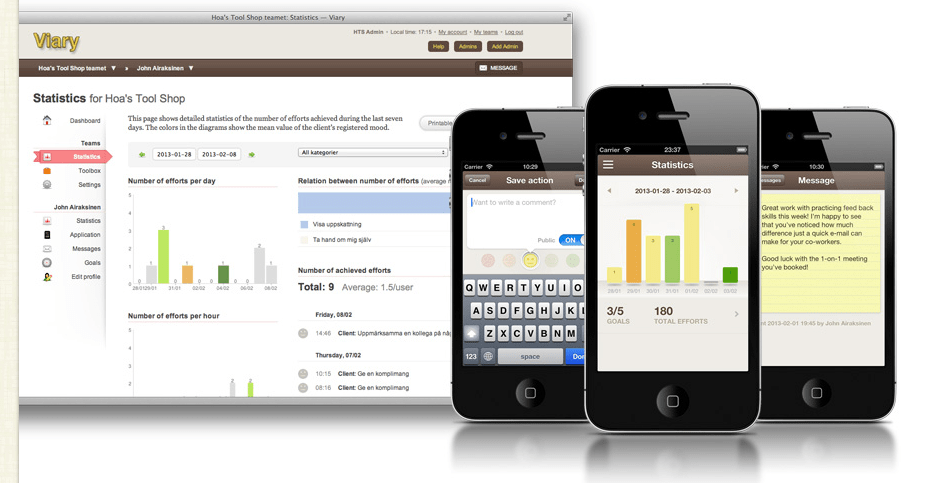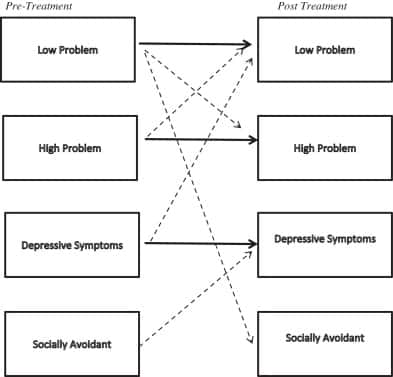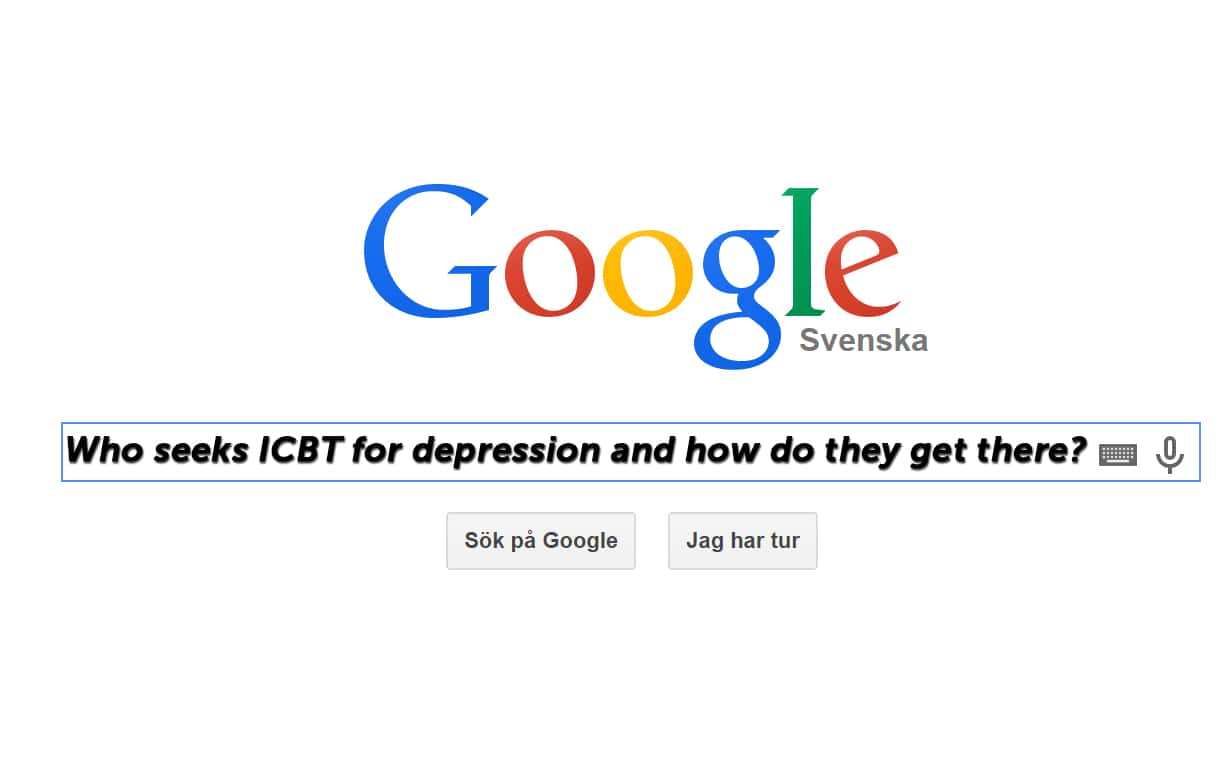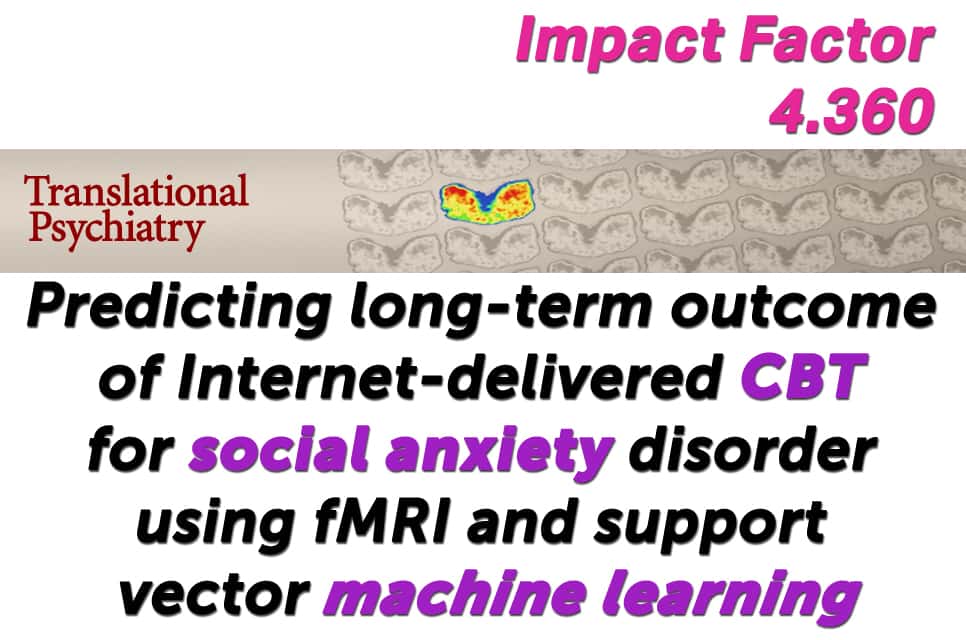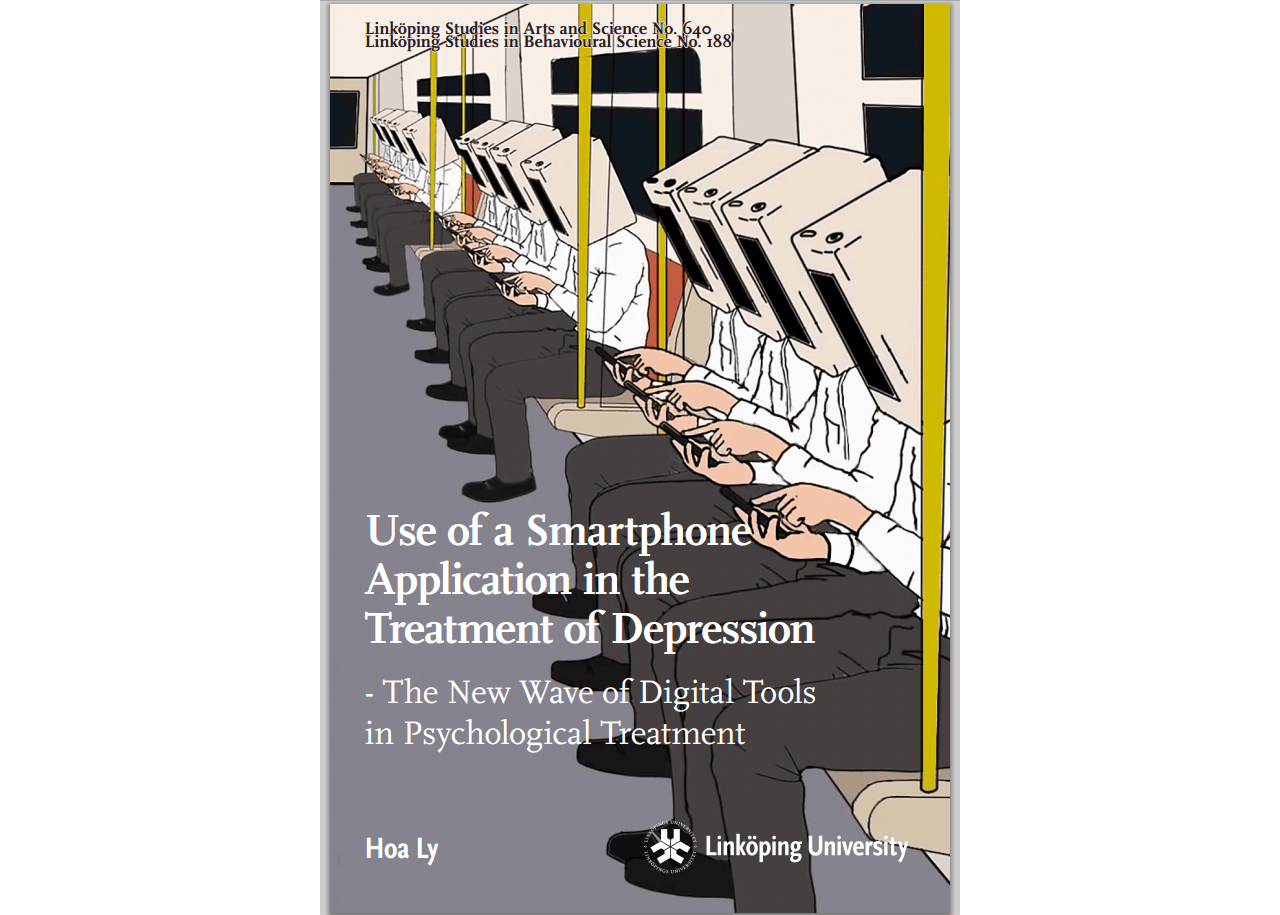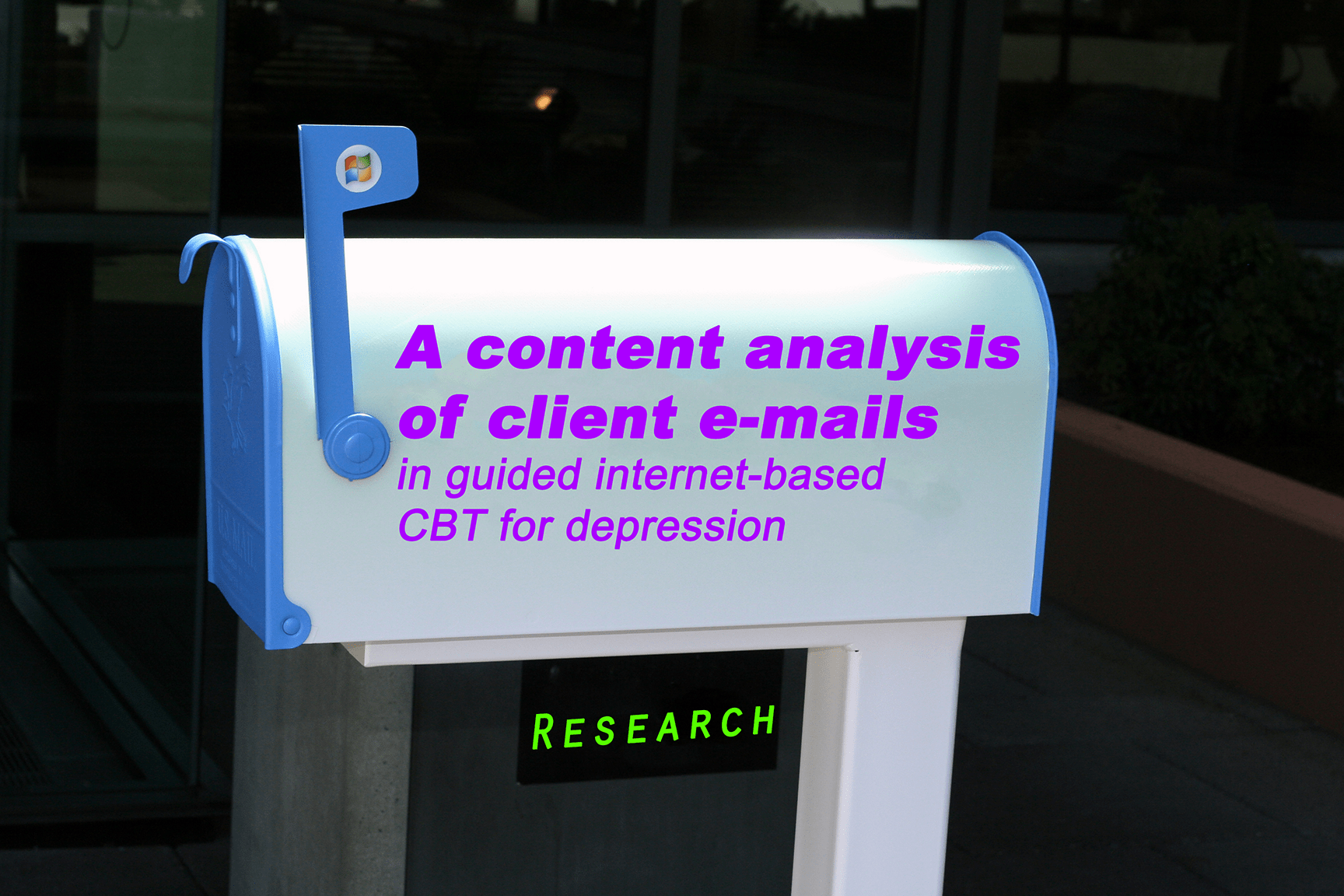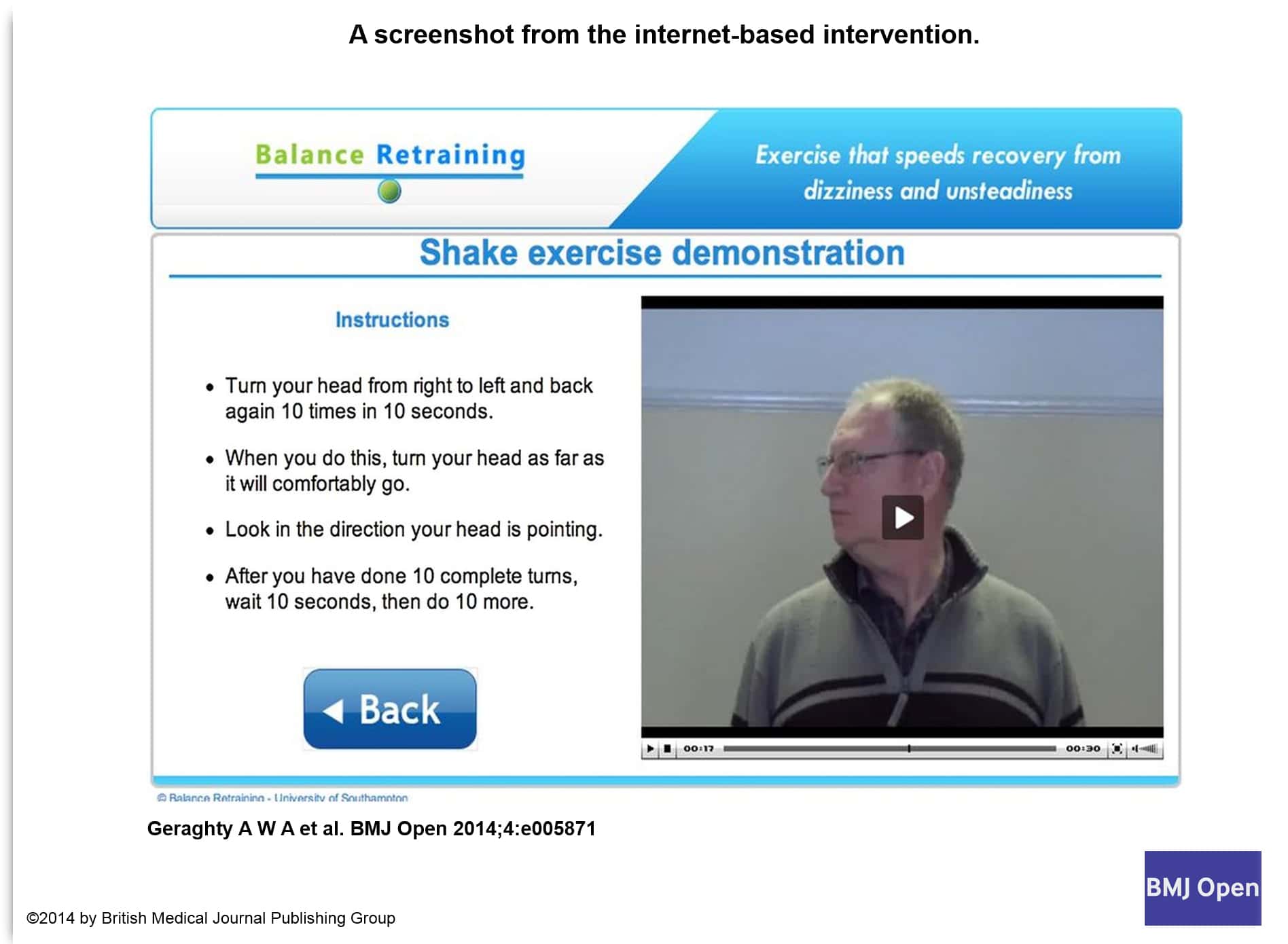Smartphone-Supported versus Full Behavioural Activation for Depression: A Randomised Controlled Trial
There is need for more cost and time effective treatments for depression. This is the first randomised controlled trial in which a blended treatment – including four face-to-face sessions and a smartphone application – was compared against a full behavioural treatment. Hence, the aim of the current paper was to examine whether a blended smartphone … Läs mer!
